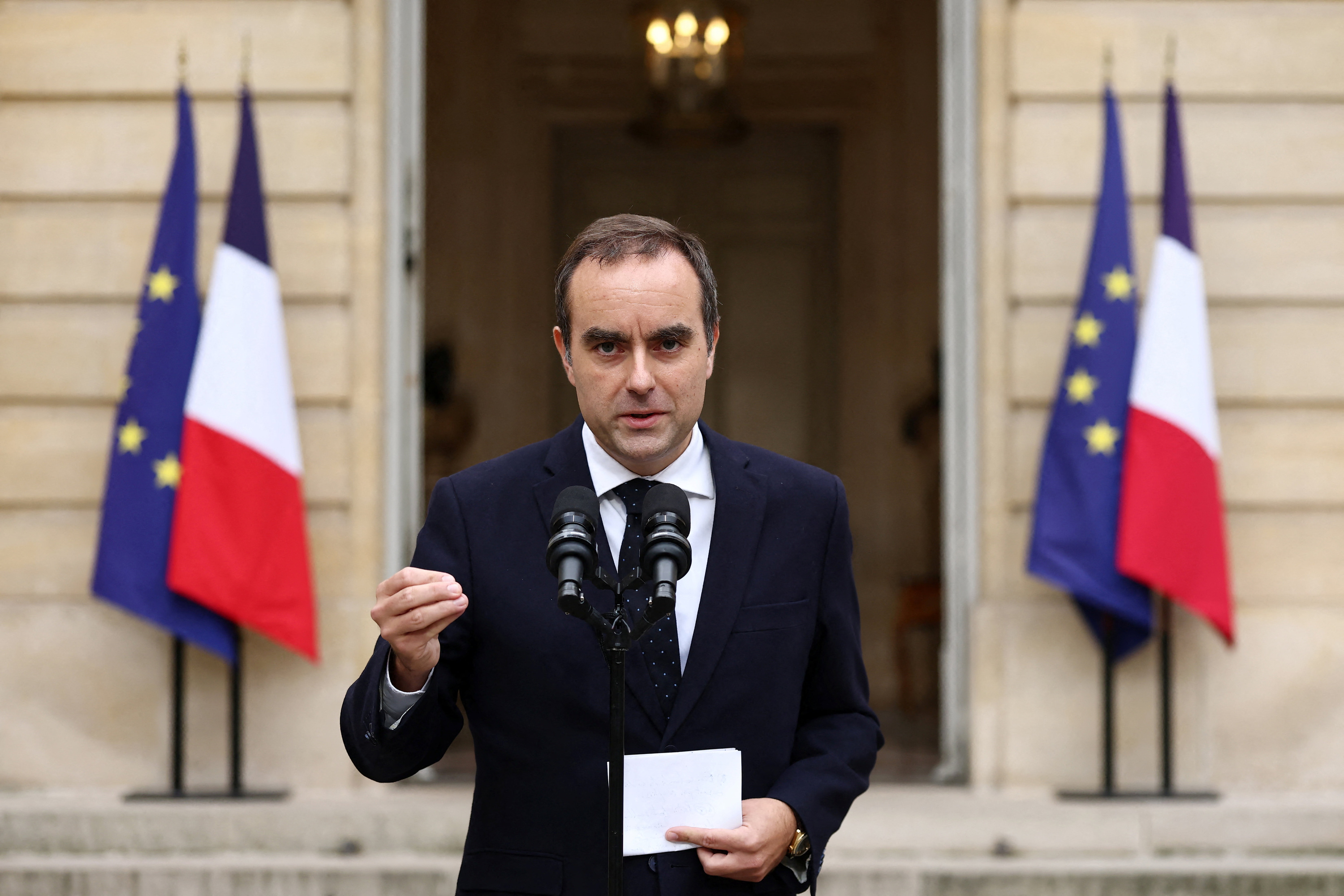Sébastien Lecornu Details 2026 Budget Talks and Ministerial Severance Policy
Resigning Prime Minister Sébastien Lecornu outlines plans for the 2026 budget, ministerial severance pay reforms, and ongoing political negotiations.
- • Lecornu aims to finalize the 2026 budget by December 31 to avoid government dissolution.
- • Ministers with only brief service will not receive severance indemnities.
- • Public deficit target set below 5% for the upcoming budget year.
- • Lecornu proposes a new financial wealth tax as an alternative to the Zucman tax.
Key details
On October 8, 2025, resigning Prime Minister Sébastien Lecornu addressed the press from Matignon, shedding light on key points in the ongoing 2026 budget negotiations and clarifying the government’s stance on ministerial severance pay. Lecornu expressed optimism about finalizing the budget by December 31, noting a shared will among political leaders, including the Presidents of the National Assembly and the Senate, which he believes reduces the likelihood of government dissolution. He outlined a public deficit target of below 5% for 2026, leaving the controversial pension reform discussions aside for later.
Regarding severance pay, Lecornu firmly stated that ministers who served only briefly would not receive the customary three months of indemnities. This clarification addresses concerns surrounding short-term ministerial appointments. Additionally, Lecornu proposed a financial wealth tax as an alternative to the rejected Zucman tax, criticizing certain fiscal optimizations by wealthy individuals as indefensible. Meanwhile, Agnès Pannier-Runacher emphasized the necessity of including leftist parties in governance to ensure stable leadership.
The political landscape remains tense, with the Rassemblement National, led by Jordan Bardella, expressing dissatisfaction with Lecornu’s government composition and threatening censure if substantive changes are not made. Lecornu plans to continue discussions, particularly with leftist forces, before providing further details on contentious issues such as pension reform.
This statement marks a significant update in France’s political and fiscal negotiations, highlighting commitments to budget consensus and transparent ministerial pay policies while navigating complex political dynamics.
This article was translated and synthesized from French sources, providing English-speaking readers with local perspectives.
Source articles (2)
Source comparison
Latest news
Middle East Conflict Sparks Surge in French Fuel Prices Amid Supply Concerns
Macron Announces Major Shift in France's Nuclear Policy with Increased Arsenal and European Integration
French Government Prioritizes Safety of Nationals Stranded Amid Middle East Conflict
French Prisons Reach Record Overcrowding with 86,645 Inmates as of February 2026
Pau's Local Election Campaign Gathers Momentum Amid Broader Political and Economic Concerns
French Companies and Regions Accelerate Efforts in Nature-Related Economic Transition
The top news stories in France
Delivered straight to your inbox each morning.

